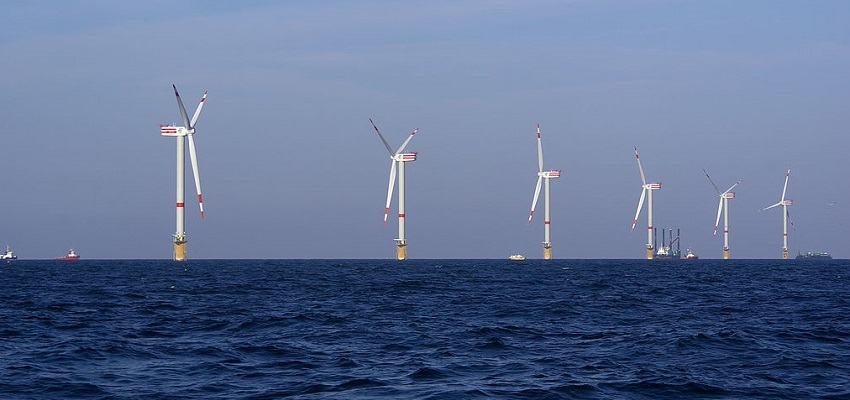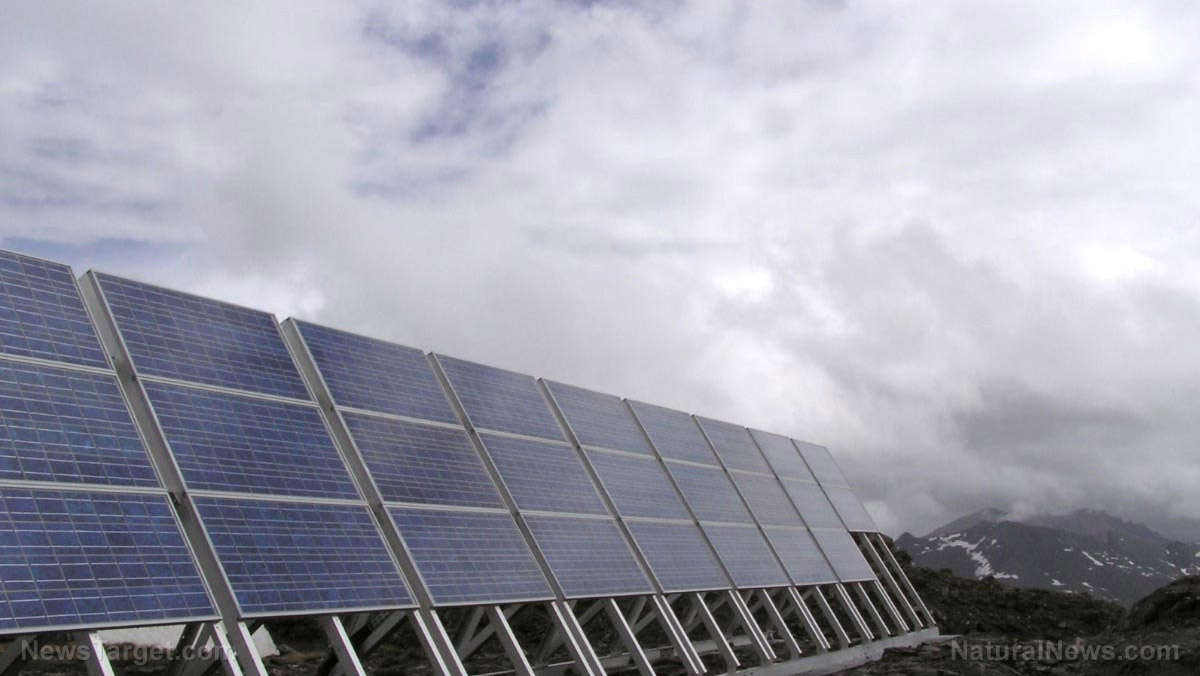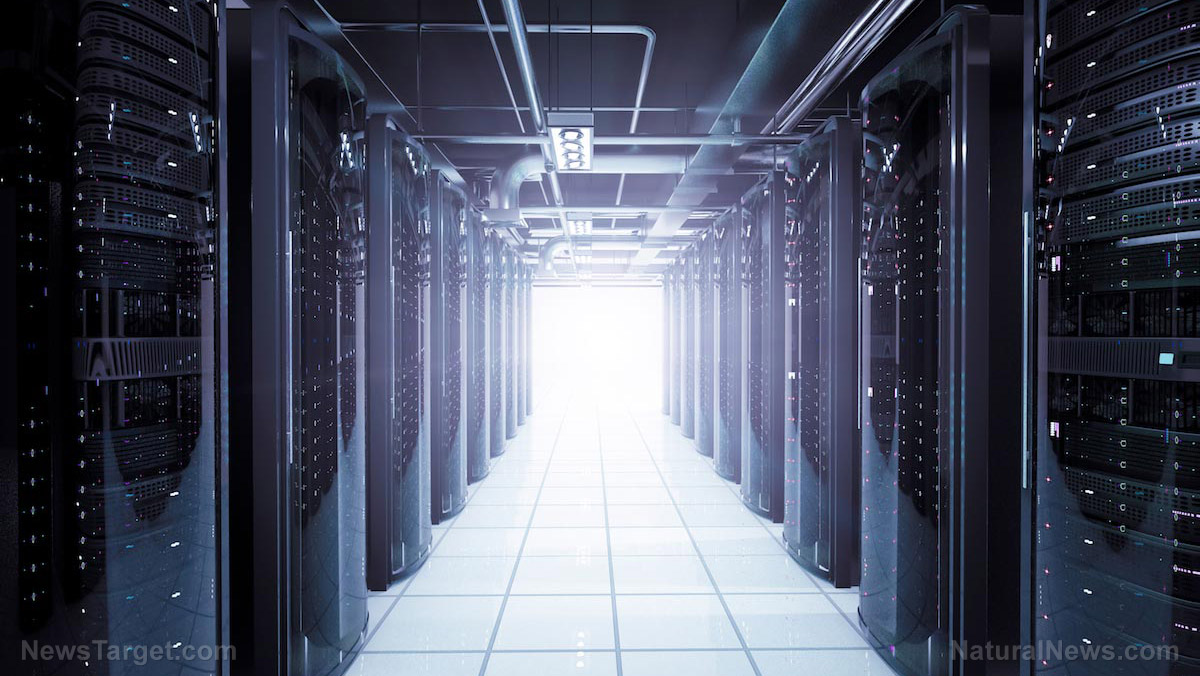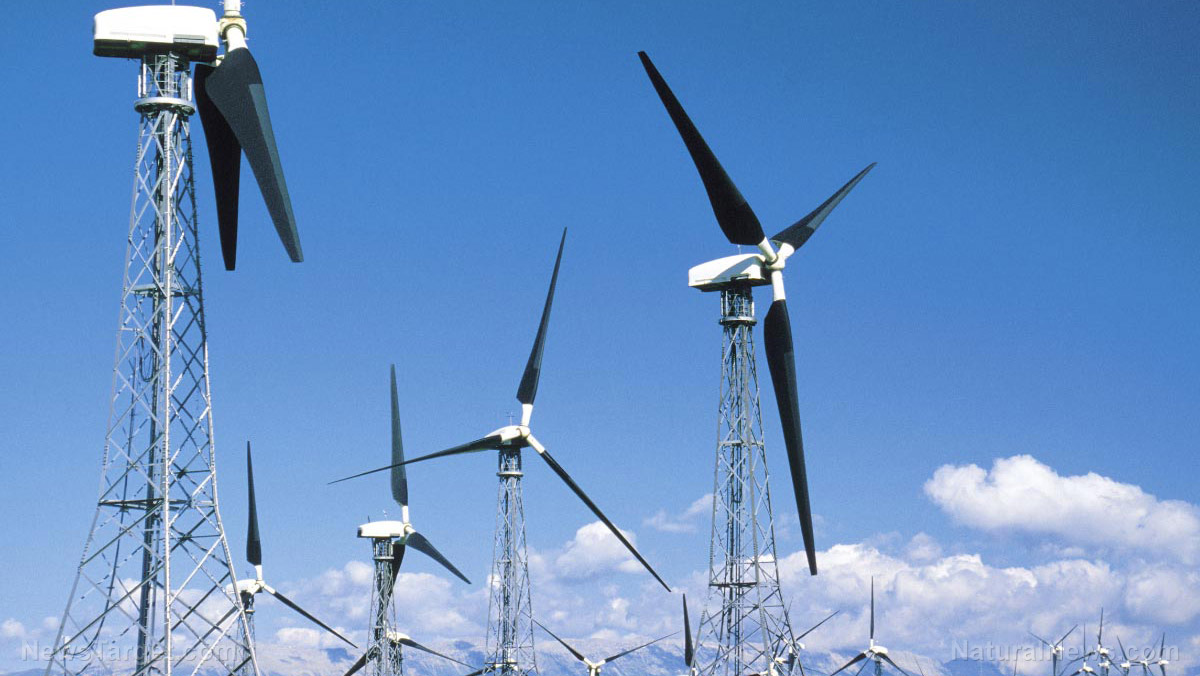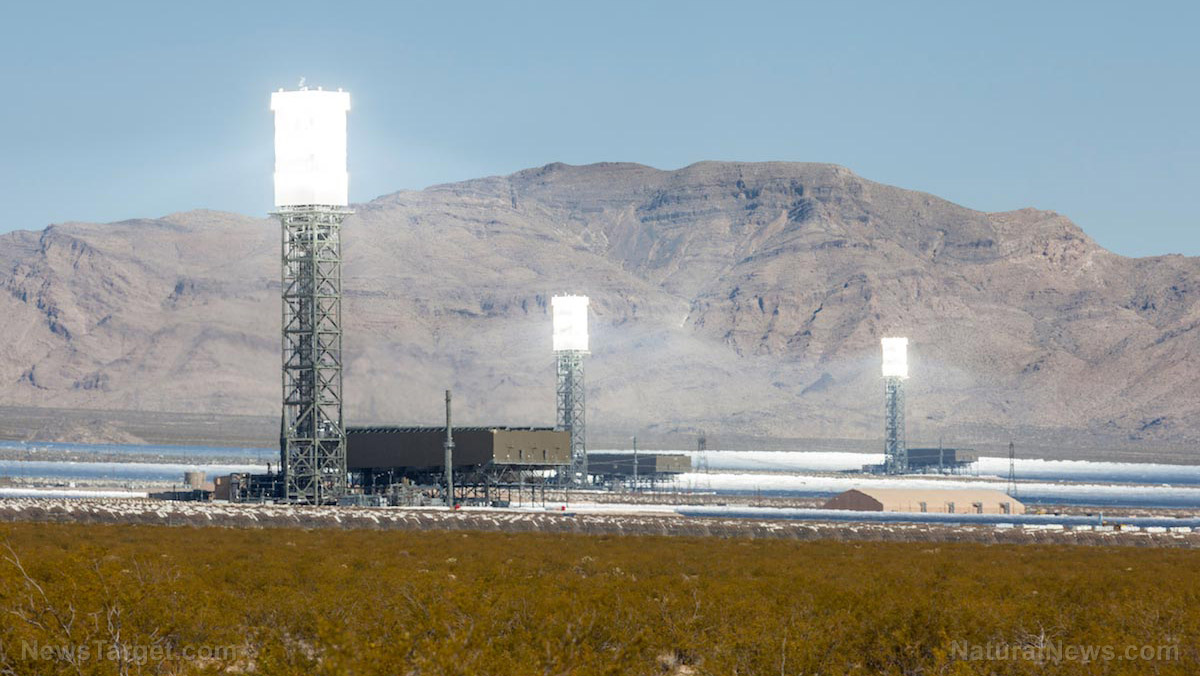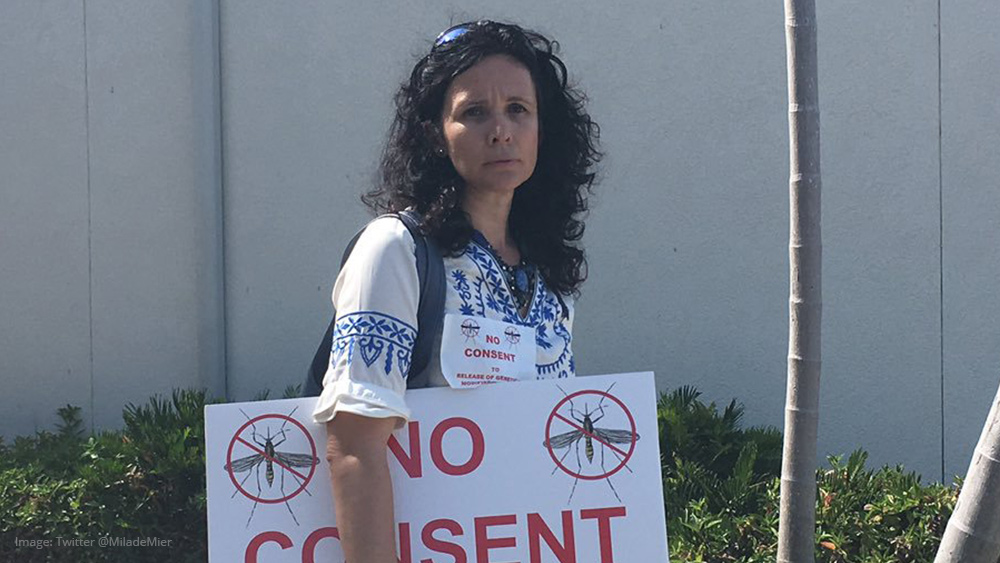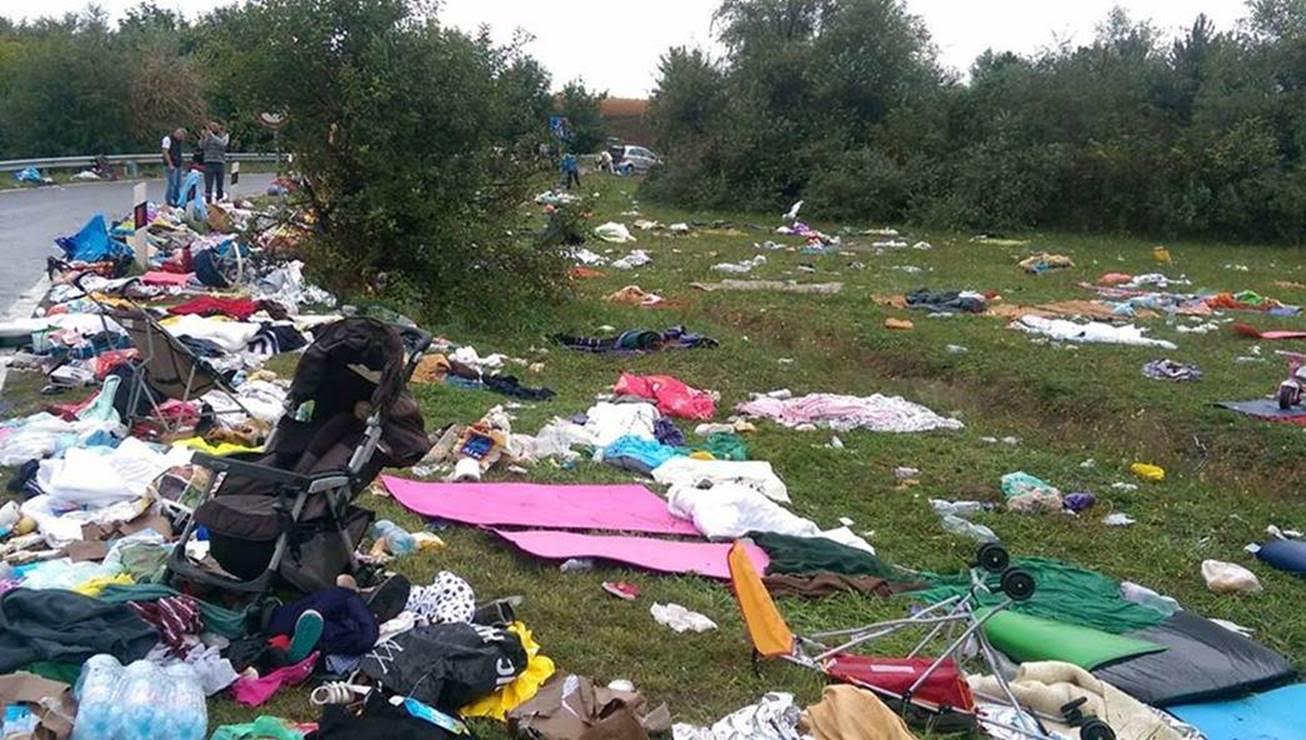As oil prices tumble — some industry experts say prices could collapse to $40 a barrel — the global economy is being reshaped in ways that are going to be beneficial to economic growth, personal incomes and industrial expansion.
But the same collapse in prices won’t be universally good, say other experts, and that is particularly true for green energy.
With prices for fossil fuel high, consumption is lower and green energy projects seem more economical and attractive. But cheap oil will make them a cost-prohibitively bad value.
In recent days, oil prices have fallen to around $55 a barrel — a nearly 50 percent decrease from just a few months ago when oil was trading near $100 a barrel. Experts in the industry believe that a glut of supply — aided in large part by the shale oil revolution in the United States, the development of oil sands in Canada and OPEC nations continuing to pump near full capacity — means prices are bound to shrink further.
As reported by Britain’s Independent newspaper:
A new “era of cheap oil” would be good news for consumers and motorists — but analysts say the consequences for politics, industry and the climate could be even more radical.
“Looking doubtful now“
Cheaper oil means cheaper gasoline prices and prices for other fossil fuels; that usually has meant higher consumption in the past. Higher consumption will make it more difficult for countries to meet treaty obligations to cut emissions by certain dates. And lower prices will mean renewable energy sources — wind, solar and hydro power — will become less attractive.
“Renewable energy subsidies have been mostly sold to the public on the basis of the economic benefits,” Peter Atherton, an energy analyst with Liberum Capital, told The Independent. “But the economic arguments hinged on the idea that fossil fuel prices would get more expensive, while expensive renewable subsidies would be able to come down over time. That’s looking doubtful now.”
Added Anne Robinson, director of consumer policy at the uSwitch price comparison website: “More subsidies are likely to be needed [for green power] as the gap between the cost of fossil fuel power and renewable power gets bigger.” The extra subsidies would be paid by British consumers in the form of higher energy bills.
The paper said that green energy technologies like solar and wind power have been reliant on ever-increasing oil prices, so they would appear to be more economically competitive, thereby attracting the large investments necessary for further development and use in new power plants.
Oil prices will remain low for a couple of years
That “economic case” is now in danger, energy industry experts say, in some part because the environmental argument is not viewed by enough people as sufficient to continue green energy development and investment.
What’s more, supplies of oil aren’t likely to recede anytime soon. For one, American motorists — the world’s largest consumers of oil and gasoline — have adapted their driving habits to offset high gas prices by merely driving less and by purchasing more fuel-efficient vehicles (two factors that have also contributed to a dearth of gasoline taxes that make up the annual highway and transportation funding appropriations bill).
For another, OPEC’s strategy — led by the biggest producer, Saudi Arabia — of continued high output is aimed 1) at depriving No. 3 producer Russia of badly needed oil revenues; and 2) to make U.S. shale oil extraction too expensive to continue.
“A consensus is growing that oil prices will remain low for at least the next couple of years. It is looking likely that the substantial jumps that had been forecast in the 2020s and 2030s will not materialise,” The Independent reported.
Sources:
http://www.independent.co.uk
http://www.politico.com
http://nypost.com




